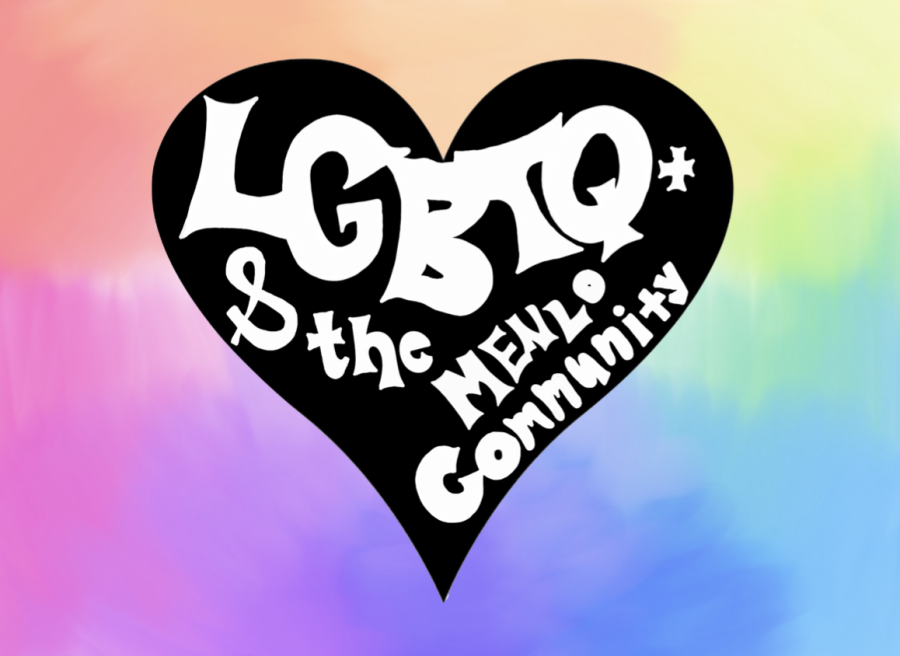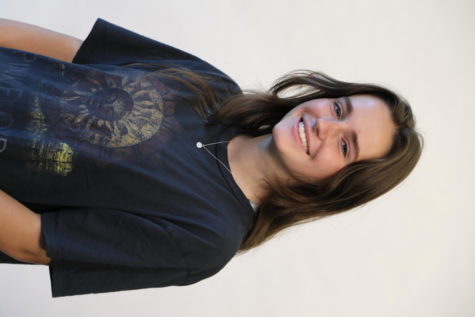The LGBTQ+ Experience at Menlo: History Teacher Matthew Nelson on Being Religious and Gay
December 8, 2020
Note: This story is the fifth in an eight-part package about the Menlo community and the LGBTQ+ experience. This story is an online-exclusive extension of the December 2020 47.2 print edition of The Coat of Arms.
———
Historically, Christianity has often been associated with having homophobic ideals. Though this notion is a mass generalization, it has been acknowledged in the media, through various Christian teachings and by the public as an accepted reality. But this begs the question: Do two sides of one’s identity — sexuality and religion — truly clash and leave no moral overlap? According to history teacher Matthew Nelson, religion and sexual identity can not only coexist but also thrive together. In Nelson’s experience, he has found a way to coincide his passion for LGBTQ+ activism and the morals he was taught by his religion, Evangelical Christianity.
Nelson feels he does not have to choose between his sexual and religious identity. For him, the morals of both groups coincide. “I think [Christianity and sexuality] are fully compatible,” Nelson said. Moreover, he does not feel that homophobia has a place in the morals of the Church. “Jesus never mentioned the word gay or homosexual,” Nelson said. “If anything, there are reasons to believe that [Jesus] was affirming same-sex relationships.” Because the teachings of the Church lack homophobic themes, Nelson contended that the ideals of individuals do not affect his view of his religion as a whole.
One of Nelson’s fears is that religion is losing relevance in society and, more specifically, in American culture. He believes that faith plays a very important role in society that some people have not come to acknowledge. “I think it’s very important to remember that we are a very religious nation. I think secularists and liberals sometimes cannot appreciate the role religion has played in our society and will continue to play in our society.”
To religious people, structure and morals often come with the teachings of their religion. But that is not to say that morality relies on religion, according to Nelson. “We don’t need religion to be people with values and principles. [Religion] structures your universe, world view and purpose, but you do not need religion to be a moral person,” Nelson said.
Morals aside, Nelson feels that some secularists have undermined the importance of religion in society. “Secularists have a tendency to think that religion is a myth, a fairy tale or even absurdity. There has been a bit of that [going on] in media, culture and especially among the elites of our society.”
However, in general, Nelson admits to understanding the confusion some people face when looking at his identity. “In the queer community, if you’re Christian, people look at you strange. They ask why you would ever want to be a part of that. But then in Christianity, people will say, ‘you’re a walking oxymoron,’” Nelson said.



